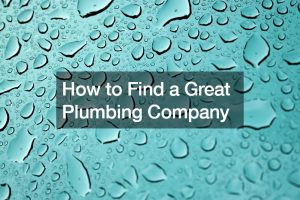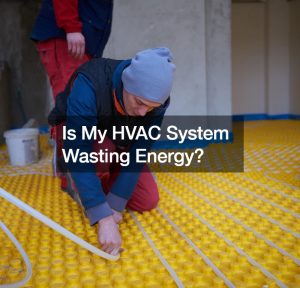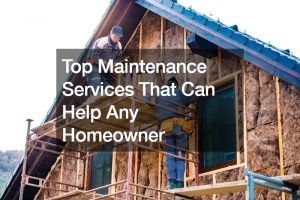Instead of buying a starter home, moneyed millennials are investing in vacation homes, enticed by the affordability of countryside properties. Despite their high incomes, the real estate market in urban locations are still beyond their budgets, and they don’t see themselves retiring in busy cities, anyway.
The idea of living in a peaceful environment in your old age is indeed appealing, so it shouldn’t be surprising why millennials are falling for the countryside and its blissful promises. But is really a wise decision to pour out all your savings in a vacation home when you’re still young?
Here are some important things to mull over before making that leap:
1. Build or Buy?
Building a vacation home is no doubt costly, time-consuming, and occasionally stressful, but you’re more likely to get exactly what you want, from the structural materials down to the finishes. You’d have complete control of the design as well. Plus, you won’t be dealing with maintenance issues that tend to be frequent in existing houses, especially old ones.
But buying a house has its advantages, too. It’s more convenient and less costly. However, the biggest drawback is that you may not find what you want exactly, and you may also encounter several maintenance issues, compelling you to spend more money on repairs.
Thus, identify your priorities before deciding between the two. If budget and schedule are your main concerns, buying will be more suitable for you, while it’s definitely building if personalization is what you’re after the most.
2. How Often Will You Reside in the Place
Some people stay at their vacation homes every weekend, while others just dwell at it during longer holidays, which are just a couple times every year. But either way, you still pay for its utilities, cable, internet connection, and mortgage all year-round.
If you want to get the most of all your expenses, might as well reside at your vacation home more often. If that won’t be an option, then consider earning rental income from it.
3. Security

Because your vacation home will be vacant most of the time, lurking burglars may discover your pattern of staying and going, enabling them to plan a crime in your property.
Even if your vacation home is situated in a safe community, you shouldn’t be lax on security, still. Install durable aluminum fencing along your perimeter and CCTV cameras that show real-time footage on your smartphone. Strengthen the locks on doors and windows, and try to make the place appear occupied as much as possible. Befriend your neighbors because they can be trusted to collect your mail and sweep your curb.
4. Tax Laws
If you’d use the vacation home to earn rental income, your earnings don’t need to be reported on your tax return if the place’s rented for only 14 days or less. If it’s rented for over two weeks, the IRS would consider it a “business for tax purposes,” meaning your earnings may be taxable. Hence, determine what would be more profitable for you before marketing your property.
5. Your Retirement Lifestyle
It’s impossible to predict what kind of lifestyle we’ll live in retirement, but we can more or less gain an idea of it. If you’re perfectly healthy now, you can assume that you’d stay as such until your 60’s, but that’s if you won’t shift to an unhealthy lifestyle in your ages in-between.
However, good health doesn’t always guarantee optimum mobility in seniors, so your vacation home might need to have elderly-friendly features, and easy access to healthcare facilities and communal areas (for socializing opportunities).
Considering these tips, you won’t likely make a rash decision just to keep up with the trend of millennials buying vacation homes. Bear in mind that the money at stake is the fruit of all your hard work.







